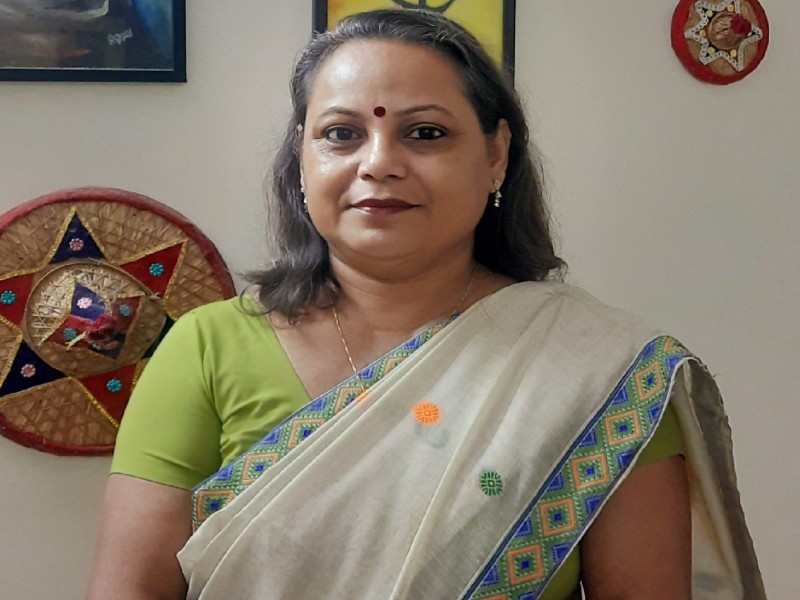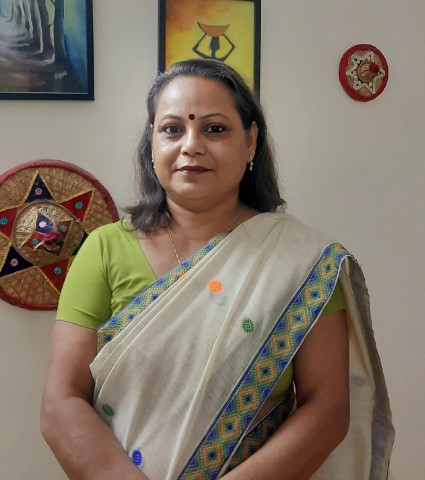Balancing Language and Learning in the Age of AI
– Jyotishmita Borah Goswami, English Teacher, Dharav High School, Jaipur
The seed for this thought germinated during a staff-room discussion with my fellow English teachers. We were reviewing formative exam papers and notebooks. I have a habit of writing extensive comments on students’ answer scripts to highlight corrections and areas for improvement. One of my colleagues remarked that such strict adherence to grammar is no longer necessary in the era of ChatGPT. Another added, “Moreover, English has become a foreign language, similar in status to learning German or French.” This made me reflect, and I found myself both agreeing and disagreeing.
Even in a standard English medium school, many teachers of other subjects often resort to Hindi, arguing that students do not fully grasp concepts if explained entirely in English. This might be true. In an informal discussion with my students, they have mentioned that the use of English and Hindi in teaching other subjects is roughly in a thirty-seventy ratio in most cases. Therefore, I fully support the New Education Policy’s recommendation of teaching in the vernacular language. I believe that when a concept is taught in a language a child is comfortable with, comprehension is deeper. The deeper the comprehension, the greater the possibility of the child becoming creative and innovative.
On the other hand, an English medium school adopts English as the first language. To make English-speaking natural, it is expected that teachers of all subjects teach in English. Here lies the greatest tragedy. Language is naturally learned from hearing it around. When a child abundantly hears incorrect usage of prepositions and tenses from an early age, they adopt these errors in their speech and writing.
No matter how many corrections the English teacher makes, these mistakes continue to appear. Some incorrect phrases like “come front,” “go in your class,” “explain me,” “ask to him,” “I believe in you,” “discussed about the school trip,” “ordered to him,” “paid to me,” “did not brought,” and “requested to the Principal” are just a few that all English teachers might have encountered.
Should we not teach students the difference between a hyphen and a dash, where to place a colon, and how to use the apostrophe correctly? Should we not show them how the wrong usage of tenses can make their answers sound ridiculous? If we do not penalise them in formative exams for such mistakes, they will never learn, I believe.
In an English medium school, there should be some spoken English training for the teachers to avoid common mistakes while speaking English with students. Alternatively, they could teach only in the vernacular language rather than using grammatically incorrect sentences in English. Or we can simply ignore it and let the students learn at their own pace, with ChatGPT as their guide in the future.
The New Education Policy 2020 emphasises the importance of teaching in the mother tongue or local language wherever possible, at least until Grade 5, but preferably until Grade 8 and beyond. This approach aims to enhance comprehension and foster creativity and innovation among students. By adopting this policy, we can ensure that students have a strong foundation in their native language while also learning English effectively.


















Add comment